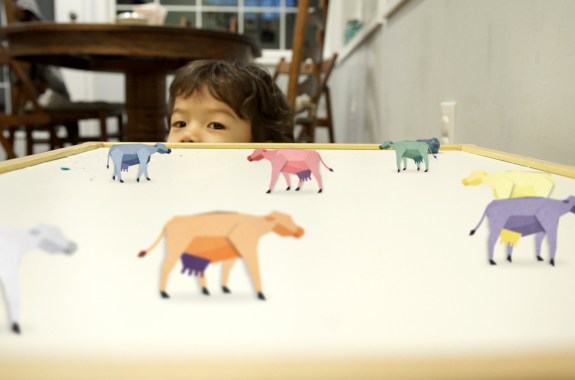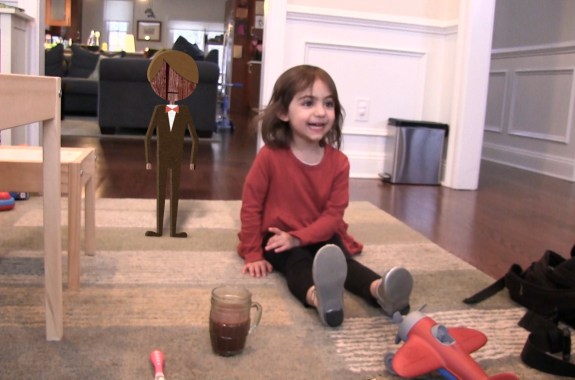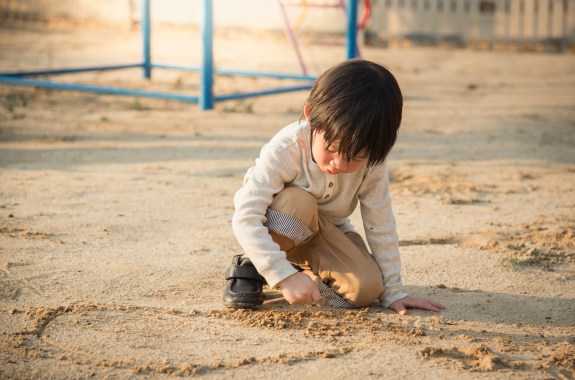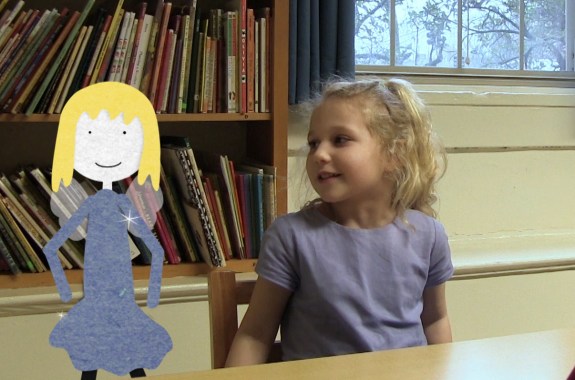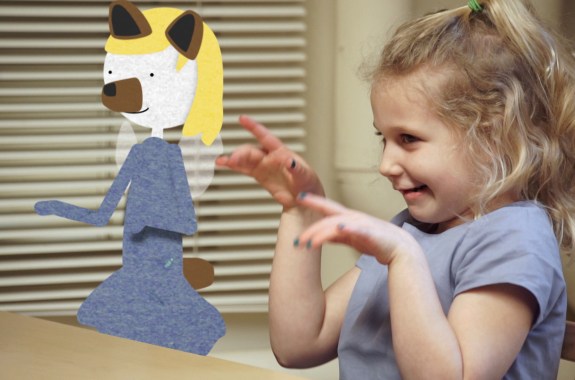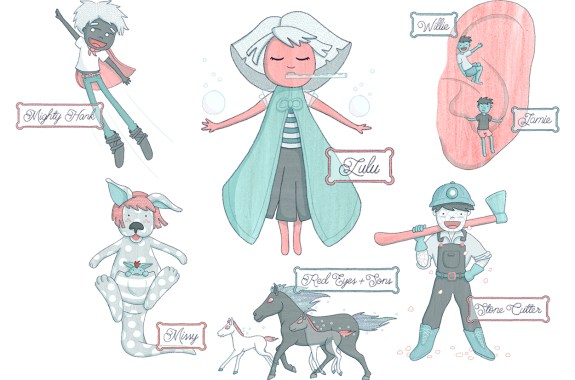Play On
Dive Into the World of Imaginary Friends
What may seem like whimsical creations are much more than child’s play.
8:51
What Imaginary Companions Tell Us About Our Kids
Imaginary companions help kids develop a “theory of mind,” says psychologist Tracy Gleason. And those make-believe friends give parents a window into their child’s world.
The Truth About Imaginary Friends
Developmental psychologist Marjorie Taylor has turned our understanding of imaginary companions upside down.
What Should I Do If My Child Has an Imaginary Friend?
More than half of kids between ages 3 and 8 will have an imaginary companion at some point. Here’s what parents should know.
The Real Guide to Imaginary Companions: Episode 1
Developmental psychologist have pieced together an unexpectedly diverse and nuanced profile of the children who create imaginary companions, while finding out how and why they create them.
The Real Guide To Imaginary Companions: Episode 2
A trip into the lab of developmental psychologist Jacqueline Woolley reveals how children can become so enamored with their pretend friends, that they blur the lines between real and fantasy.
The Real Guide to Imaginary Companions: Episode 3
Research by psychologists has revealed that imaginary companions can provide glimpses into the development of critical creative, social, and cognitive skills of children.
In Your Own Words: Imaginary Friends
SciFri fans share anecdotes about their imaginary companions.
Explore More
Hollywood Science
Science has been part of the silver screen since its inception. Ready to learn how? Better grab your popcorn.
Read More